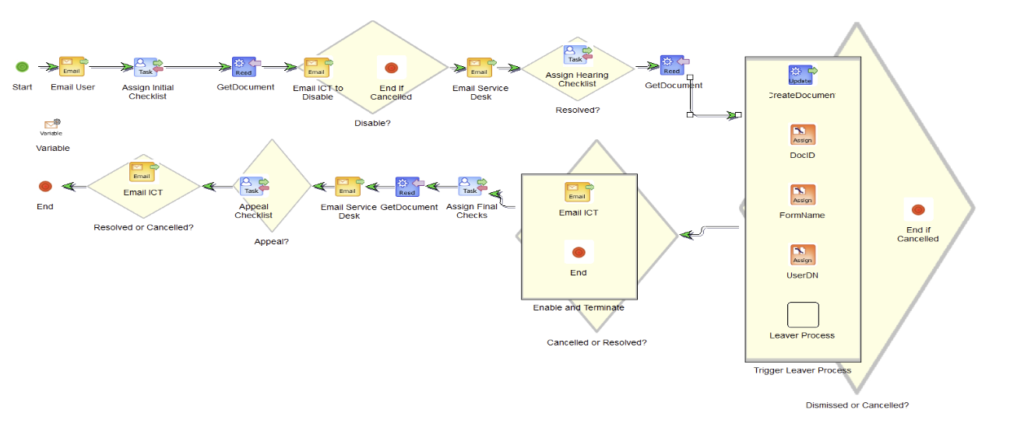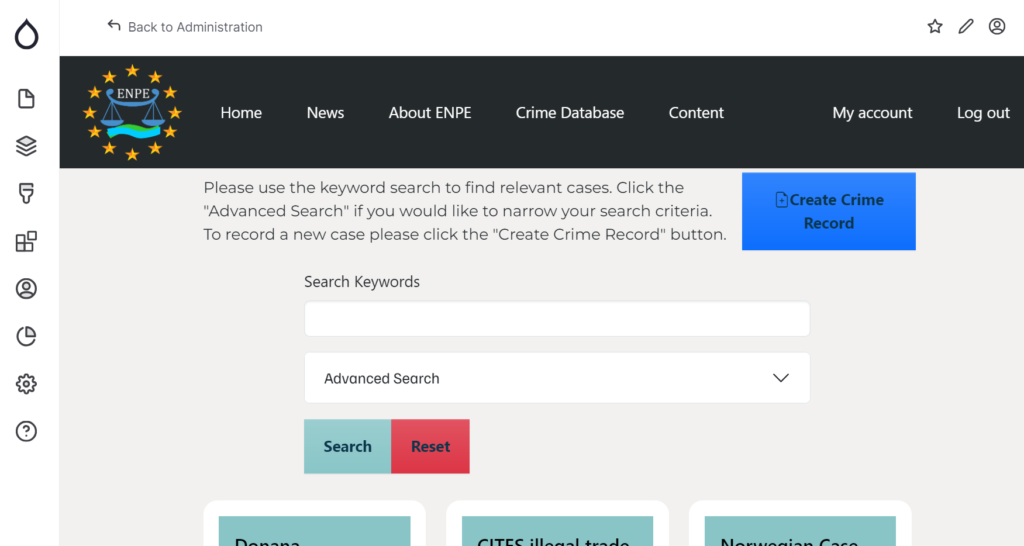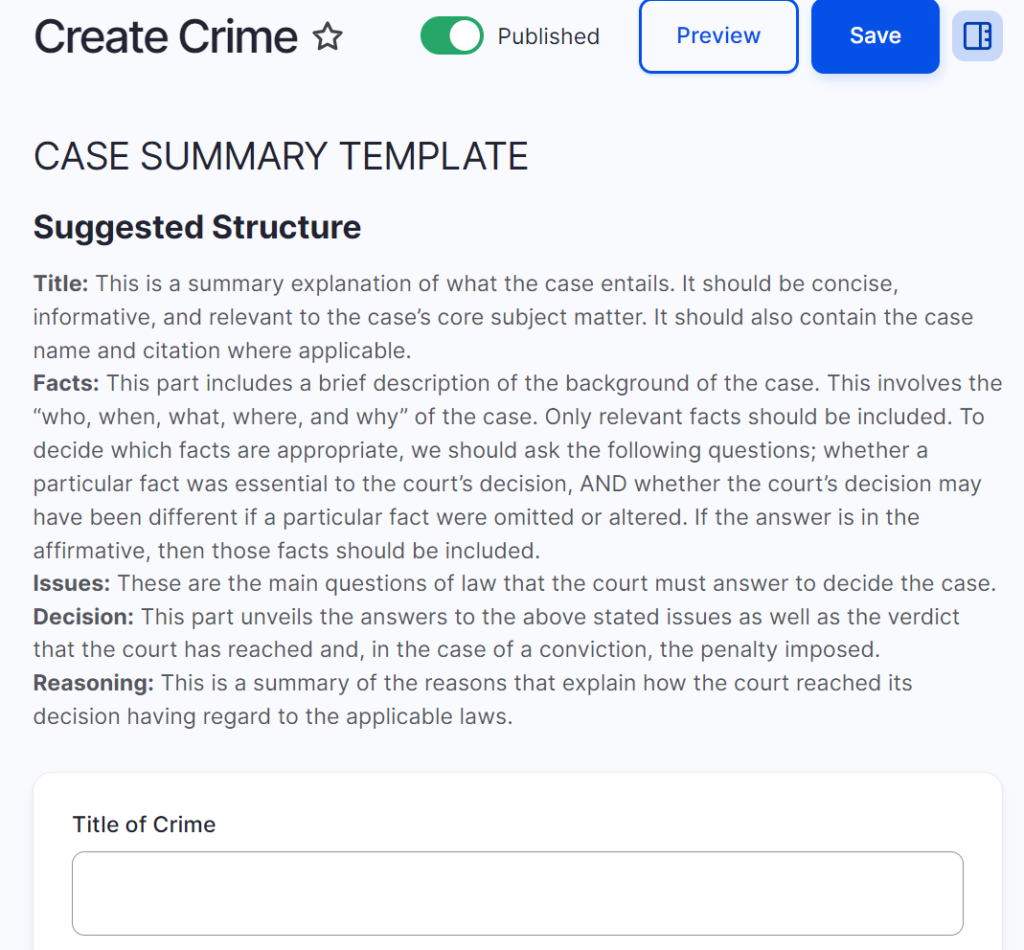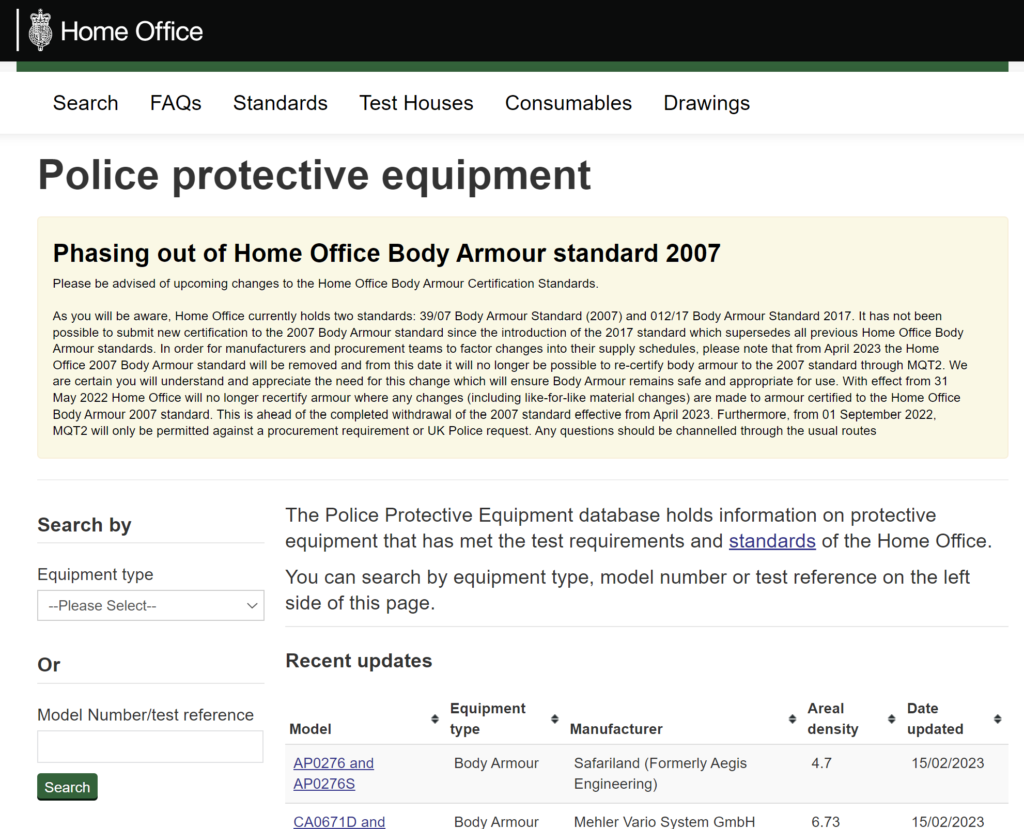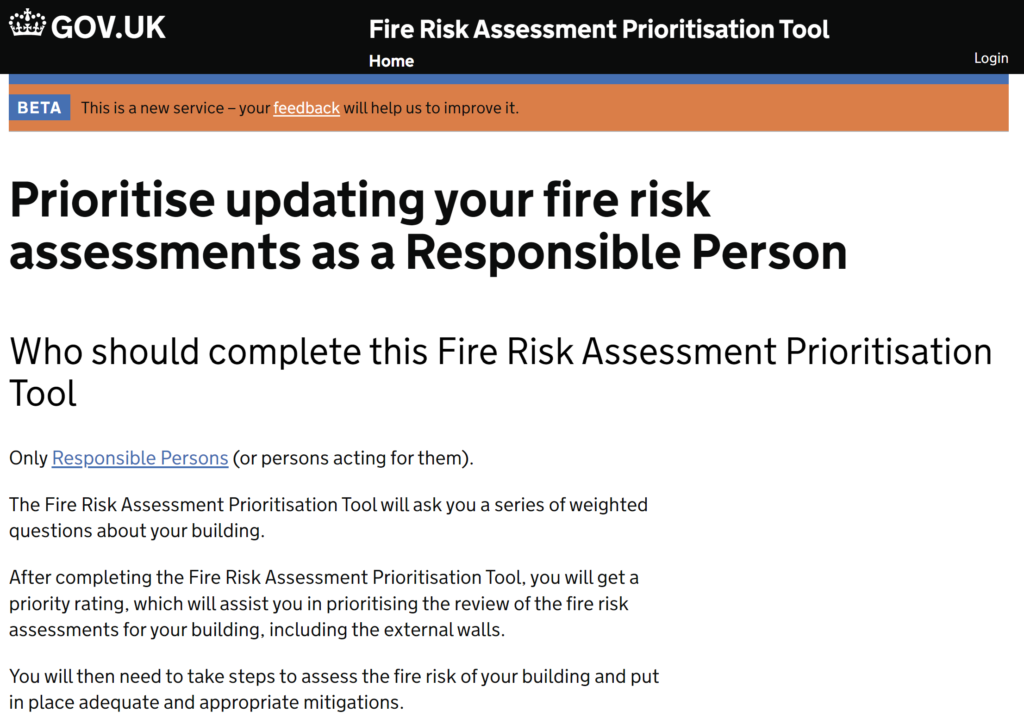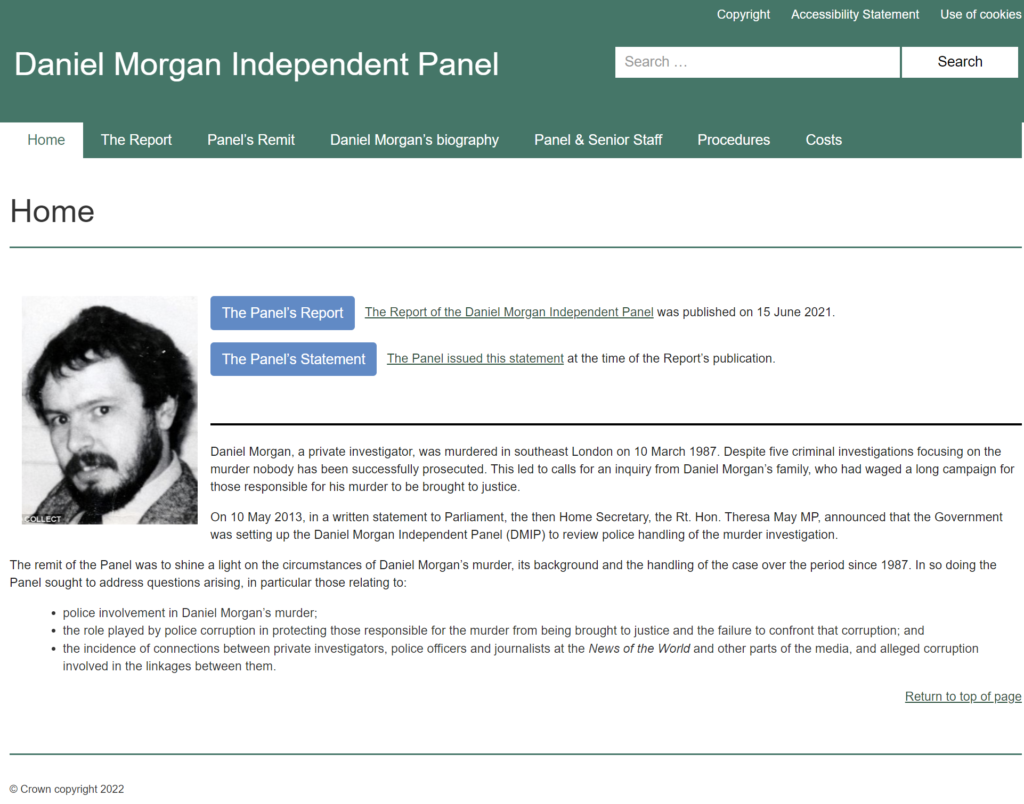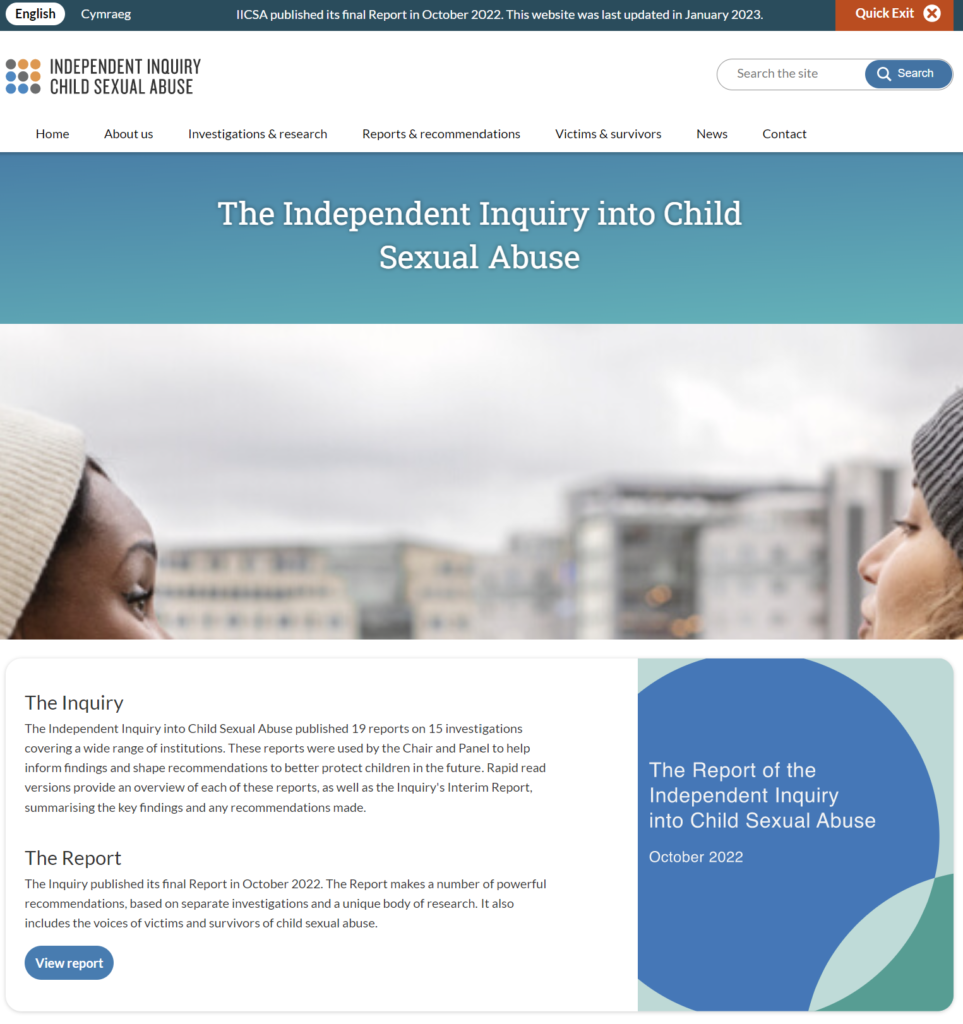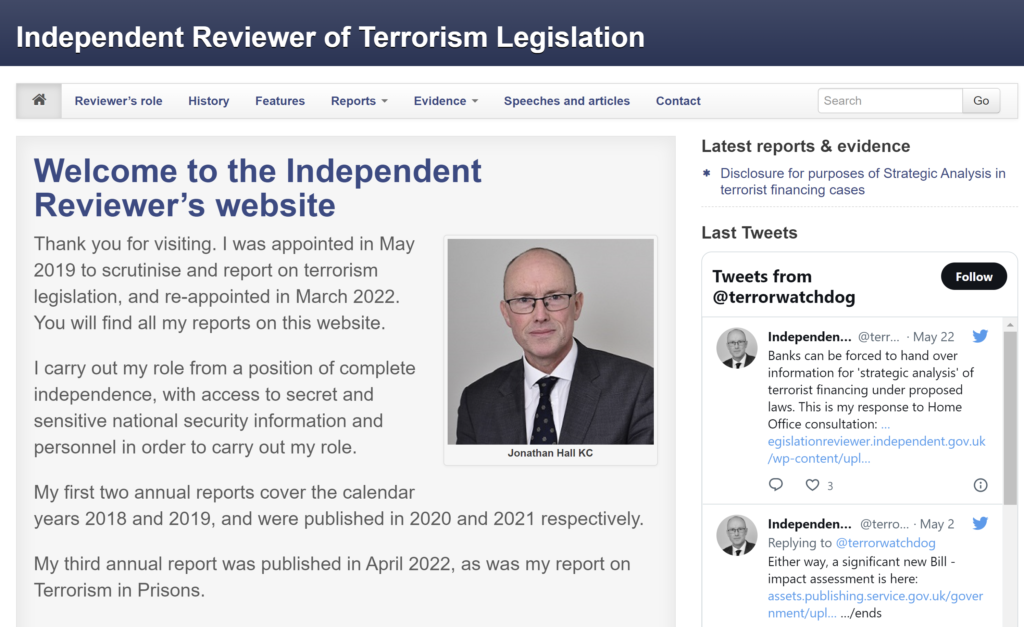Over the past 20 years, we’ve delivered value to public, private and third sector organisations. From Agile coaching and product development, to technical DevSecOps services, we have the experience and capability to help you improve your digital services.
Environment Agency & ENPE
Environmental Crime Database
Challenge: The European Network of Prosecutors for the Environment had an out of date Drupal 7 website running on a legacy shared hosting platform which was also in need of an upgrade. Emails were not being delivered to users due to incorrect DNS and host VM configuration. The Drupal 7 content management system needed upgrading to Drupal 9, along with a new more modern theme and UX designing. Friction was high and adoption was low due to unintuitive UI.
What we did: The first step was to migrate the existing DNS to Cloudflare and workloads to AWS. This mitigated vulnerabilities and allowed us to deploy dev and staging sandbox environments. Email deliverability was improved by adding the required DKIM, SPF and MX records.
Working in close collaboration with a multi-discipline team of UX and environmental crime experts from the University College of Cork, we incorporated a set of key recommendations into the new crimes database built using 100% open source modules from the Drupal community.
Outcome: The new environmental crimes database is now live and running on the latest secure version of Drupal 10. SPAM submissions have been eliminated and email delivery is now over 98%.
UK Home Office
Police Protective Equipment Database
Challenge: Originally developed by a third party supplier, and with no documentation available, the codebase harboured multiple high priority vulnerabilities, along with the underlying web server running an end-of-life version of Windows Server. Meanwhile the business required urgent changes to be made to the site in order to support new standards in body armour and automate some of the manual processes in place to issue and manage certificates.
What we did: The first step was to take on the management of the hosting and re-platform the service on a supported version of Windows Server then address the vulnerabilities in the codebase. This involved upgrading the framework version and manually applying our own patches to the code where necessary. The next step was to dust off the code written by the previous supplier and further develop and refine this during iterative sprints with subject matter experts from DSTL.
Outcome: By modernising the architecture of the cluster using containers, hosting and license costs were slashed by 50% and availability increased to 99.98%. By understanding and documenting the existing codebase, as with the needs of the business, we secured and modernised the legacy system and re-used as much code as possible to maximise ROI and minimise development costs. Automation has lead to a significant reduction in manual tasks, freeing up the experts at DSTL to focus on more important and high value work.
UK Home Office
Drupal 9 Gov.uk Service
Challenge: Take the MVP of a digital service built using rapid prototyping tools including Google Sites, Sheets and Forms, then turn this into a Drupal 9 gov.uk compliant service supporting over 1 million end users within a tight budget and timeframe.
What we did: Over a series of agile sprints we worked in blended teams including user researchers, business analysts, usability and accessibility testers, to iteratively build and refine the product increments based on a complex backlog from many diverse stakeholder groups and policy teams.
Outcome: The service was designed, built, tested and deployed to private beta within 6 weeks, thanks both to the speed and responsiveness of all stakeholders and suppliers, working together to realise a shared vision.
After 12 months, and the service no longer needing to cope with a spike of 1 million end users, the compute resources and overall architecture were revised at no cost to the client as part of our fully managed service. This exercise has reduced total running costs by over 25% mid-contract.
Daniel Morgan Independent Panel
High Profile Report Publication
Challenge: Modernise, re-platform and update the WordPress content management system to support the final stages of the inquiry and report publication.
What we did: Technical review and redesign of the service from top to bottom, moving to a modern container based architecture across multiple redundant nodes including our unique MHV (Multi Hyperscale Vendor) topology, offering maximum resilience at minimum cost. The new platform was load tested to ensure it would support many millions of end users without issue.
Outcome: The highly sensitive final report document was handled securely by enCircle with no eyes until the announcement was made in parliament. Within seconds, the new site was live and the report available for download. Traffic to the site increased over 1000% in the first few hours of press coverage, with no reduction in response times. After final report publication, the site was moved to the national Archives and the infrastructure torn down at no additional cost to client.
The Independent Inquiry into Child Sexual Abuse
Fully Managed DevSecOps Service
Challenge: Beginning with a small WordPress site, the Inquiry team soon became far larger and required a highly available and secure front end website able to handle unprecedented media attention.
What we did: From initially providing a simple WordPress site on a small cluster of traditional VMs, the client team selected Drupal as the CMS platform, with expert web design and development services provided by Nomensa. This required a resilient and highly available infrastructure that would support huge spikes in audience numbers without any reduction in response times. enCircle designed and deployed a cluster of Docker containers across two fully redundant environments, along with Dev and Test nodes. Cloudflare was deployed to provide maximum performance and security, being the first line of defence in front of our hardened container images. GitHub was used as the secure development, collaboration and code control platform.
Outcome: enCircle’s DevSecOps teams worked hand-in-hand with Nomensa’s design and development teams, with each product increment released to the production clone then quality controlled by our senior technical team through detailed code walkthroughs and automated tests (including load simulation and penetration testing). The result was a shining example of how SMEs and Public Sector teams can work together on high profile projects to deliver the highest quality and value for money for the public purse.
Independent Reviewer of Terrorism Legislation
Fully Managed WordPress Hosting
Challenge: The UK Government had to provide a transparent service to the independent reviewer of terrorism legislation ensuring no conflicts, while facilitating a secure and intuitive content management system which the non-technical reviewer could easily publish reports, evidence, speeches and articles.
What we did: enCircle provided a fully managed WordPress content management system deployed to a tiny cluster of open-source web server containers under the independent.gov.uk domain. We trained and worked with DDaT teams to ensure they could provide support to the reviewer. Cloudflare was deployed on the front line to improve performance and security at the edge, without the need for additional compute resources.
Outcome: With no licensing costs and minimal hosting resources, the service availability consistently exceeds the 99.98% target even during the most high profile press reports and social media storms. New reviewers are on-boarded by internal DDaT teams easily and with minimal training.
Low Code HR Case Management
A low code platform enabling “policy as code”.
Challenge: Having over a dozen paper forms covering HR service requests such as New Starters, Sickness, Leave, Grievances, Post Changes, etc… and no single employee record or point of contact for their customers, the HR team was struggling to provide a high quality service and satisfaction was at a low point for all involved.
What we did: Combined all twelve of the word forms into six dynamic web forms, with back-end processes to automate the case workflow. This is know as implementing policy as code, so the system enforces the policy through configurable rules.
Training non-technical business teams in how to make changes to their business processes and screens using the low code platform, empowered them to ‘own’ the system and fully buy-in to it.
Configured a front-end interaction and case history screen so HR team members could see the entire customer journey in one place. Sending audit data through APIs to reporting platforms such as Power BI allows senior management to slice and dice their HR data.
Outcome: Total Cost of Ownership is drastically reduced by no longer paying for developers and consultants to change business process logic. Non-technical business users are able to continuously improve their HR system. After all, they are the experts in their field!
The implementation of enAct HR helped to incorporate a change in working structure from individual based working into a unified service desk. This has enhanced communication between HR and its customers subsequently busting the silos of expertise which existed prior to the change.
Collaboration between team members and departments has increased along with the sharing of information. All users of the case management system can see the most up-to-date information regarding a customer, helping them make better informed decisions and becoming more proactive.

